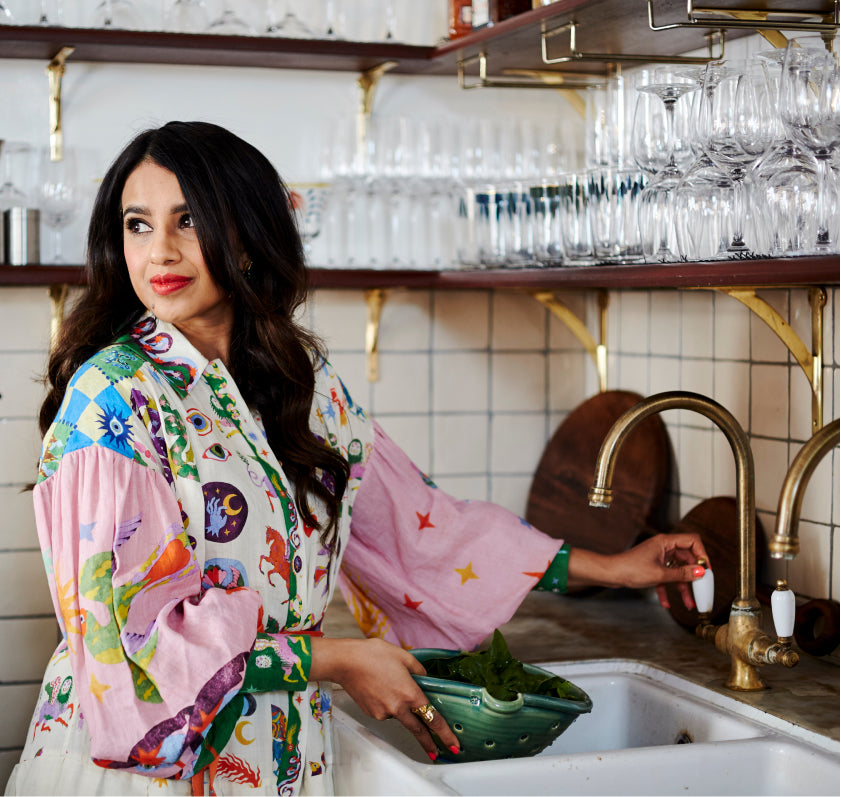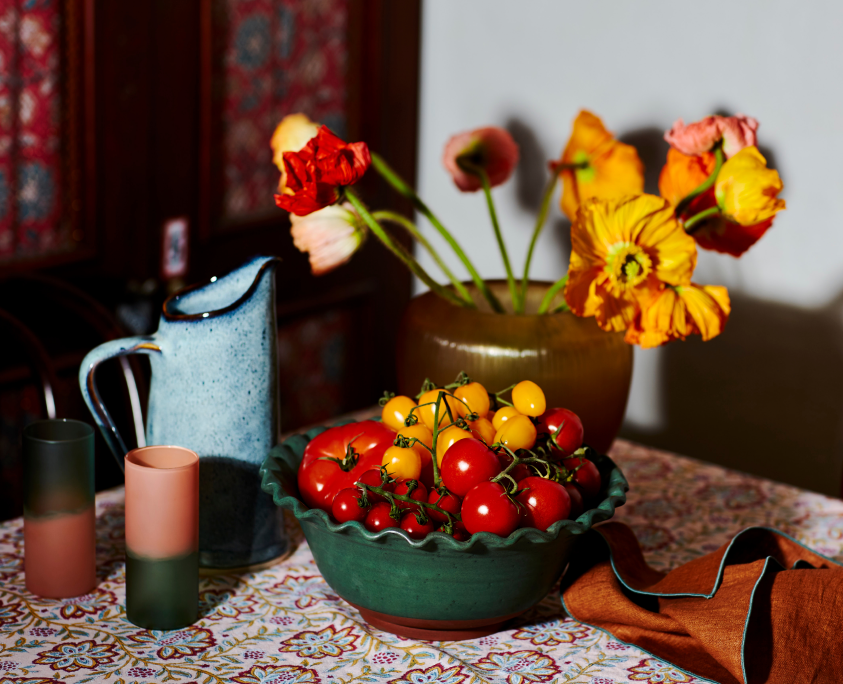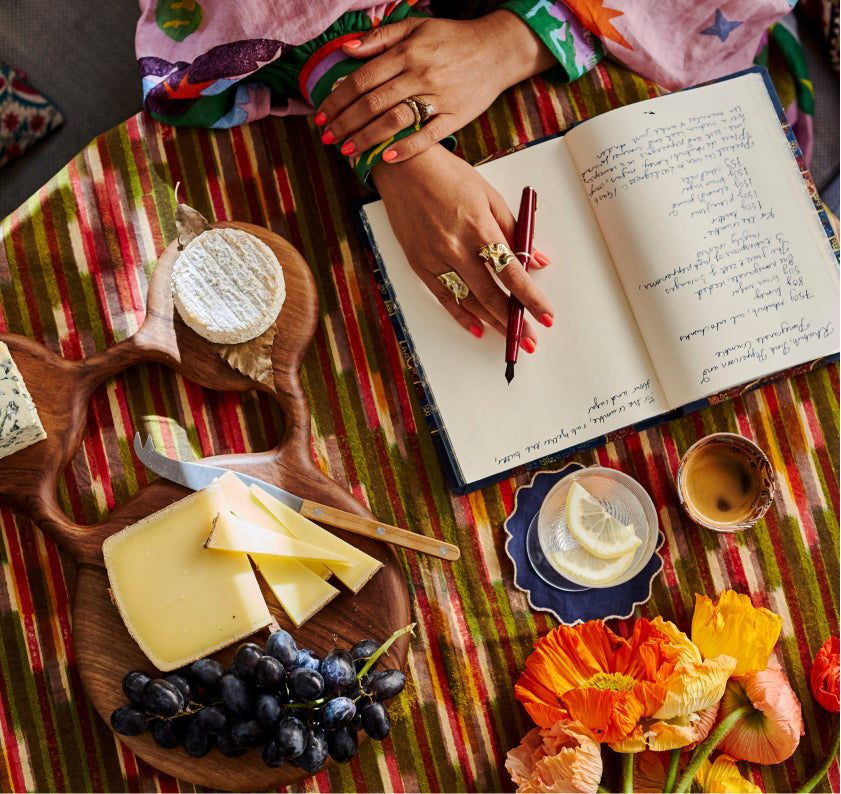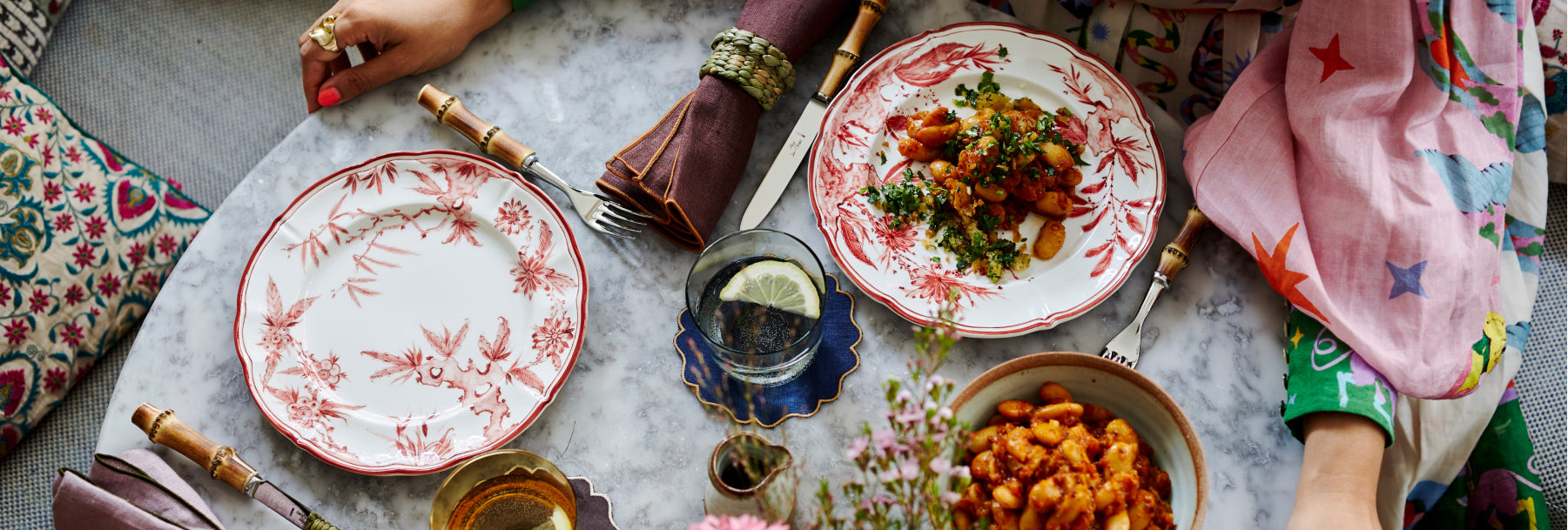
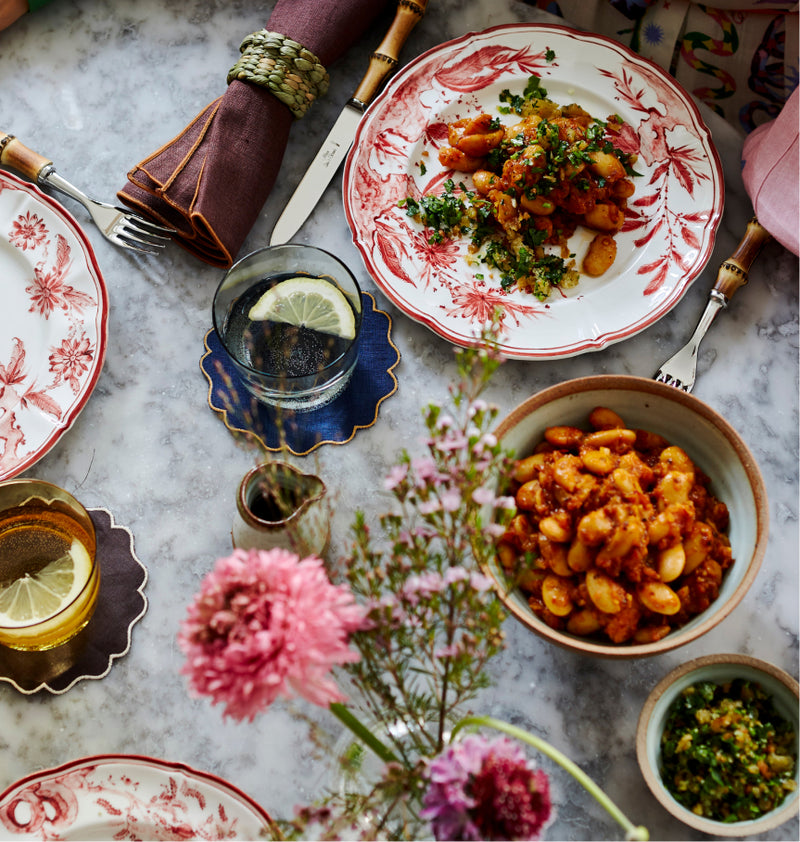
Ravinder Bhogal’s Recipe for Hosting
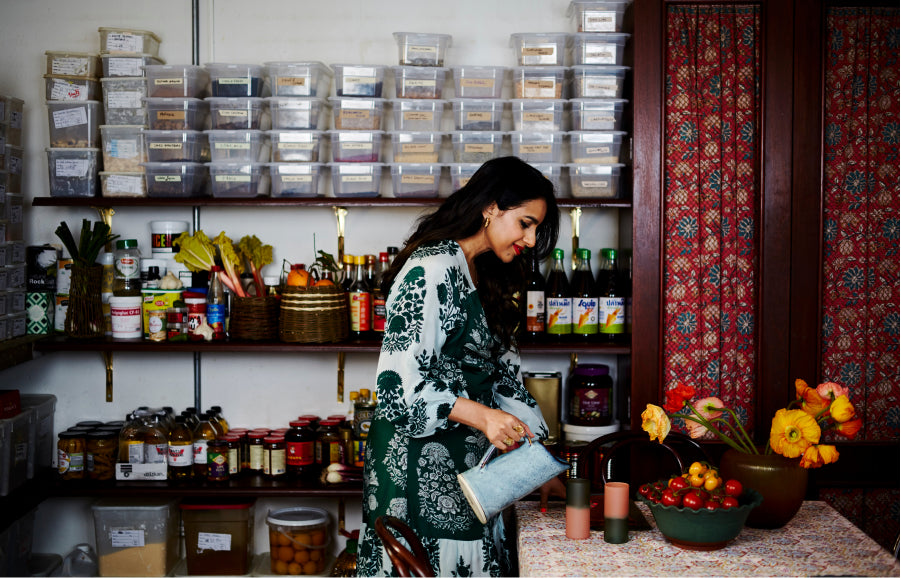
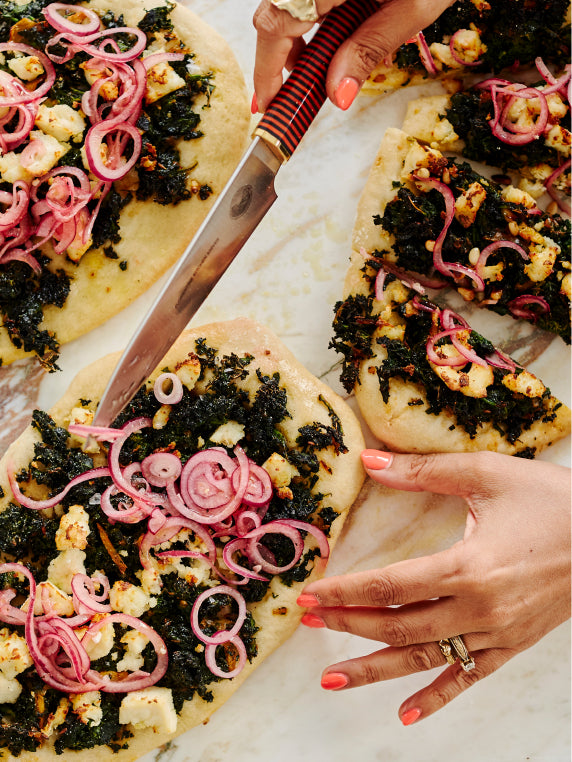
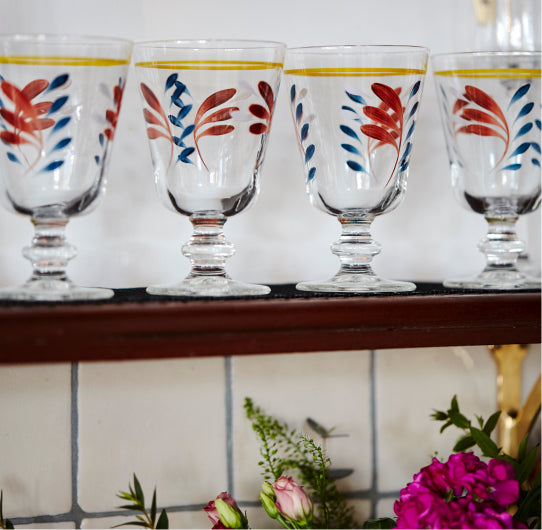
Chef, journalist and author Ravinder Bhogal is a truly soulful chef whose Marylebone restaurant, Jikoni, is as pretty and welcoming as the food she serves. Every dish embodies both her heritage and her influences as an immigrant.
Born in Kenya, Bhogal moved to London aged 7: the fourth of four daughters, she describes her upbringing as “like being in a Jane Austen novel”. With a large family of siblings, aunts, uncles, aunts and passing visitors, she began helping out in the family kitchen from an early age. “Everyone needed to be fed,” she says cheerfully.
This inclusive brand of pragmatism has never left her, and informs everything she does. After cutting her teeth on pop up restaurants, she opened Jikoni in 2016, cementing her reputation as one of Britain’s most accomplished and imaginative chefs. That Jikoni is the first and only independent restaurant to be certified as carbon neutral proves that Bhogal cares as much about the wider world as what’s cooking in her kitchen.
To celebrate the launch of ABASK’s kitchen, Bhogal shares her thoughts on cooking, hosting, tableware and what she calls the “fragile magic” of uplifting her guests’ days via the language of food.
"I had a very clear vision. Restaurants can feel like quite a masculine experience: for me, food has always been maternal, but I felt there was little representation of maternal cookery or restaurants at the time. My philosophy is about celebrating all those women from my background—marginalized women who didn’t have a platform to show off their culinary prowess. Every time I cook here, I feel like I’m standing on their shoulders. They were such incredible, talented cooks, but their only option was to join this cult of domesticity. They never got to work or be paid for their trade. When I was growing up, my mother said to me, “You will cook for your husband and children”. Those were my parameters."
"I always say if you can read, you can cook, because if you can read a recipe, you can follow instructions."
Ravinder Bhogal
"I wanted to create a space where I felt like my experience as an immigrant wouldn’t be cauterized. Growing up, I was ‘the Indian girl’, and the expectation was that I’d open an Indian restaurant. I’m many things: East African, Indian, British, with Persian ancestry. I’m a product of all the immigrant communities that looked after me when I was an immigrant in this country, and I wanted to have a place where all of me was represented. Now, I scan Jikoni and see people from all over the world, all communally eating at my table. Food speaks a multitude of languages. As a girl of many places, I’m grateful to be able to share that experience with anyone else who feels they’re from everywhere."
"We loosely term it as ‘no-borders cooking’, but it’s immigrant food. When you come from somewhere, you have the longing for what you've left behind, so you’re precious about preserving it—your language, traditions and food culture. As you begin to settle into your new nation, you take on its influences, and weave them into your own culture. In doing that, you’re creating something completely new. That is what immigrant food is. Recipes are not like stories, which have an ending. They keep on evolving."
"Our banana cake with miso butterscotch, peanut brittle and Ovaltine. If I ever took it off the menu, there would be a revolt. And our prawn toast Scotch egg. With dishes like that one, a love child of the British version and a Chinese prawn toast, we’re saying that when you bring cultures together, you’re creating something better than the sum of their parts."
"When I wrote my last book [Jikoni, published 2020], the subtitle was “Proudly inauthentic recipes from an immigrant kitchen”. Everyone was shocked because the idea of authenticity has always been put on a pedestal—authentic food is the best food—but what is authenticity? It’s completely subjective. When people put that burden of authenticity on a culture, it means that culture can never evolve. Particularly in the case of ethnic foods like Chinese or Indian, it means we have to stay cheap. We have to stay in our lane. But we need to be able to be free and liberated to cook our best meals."
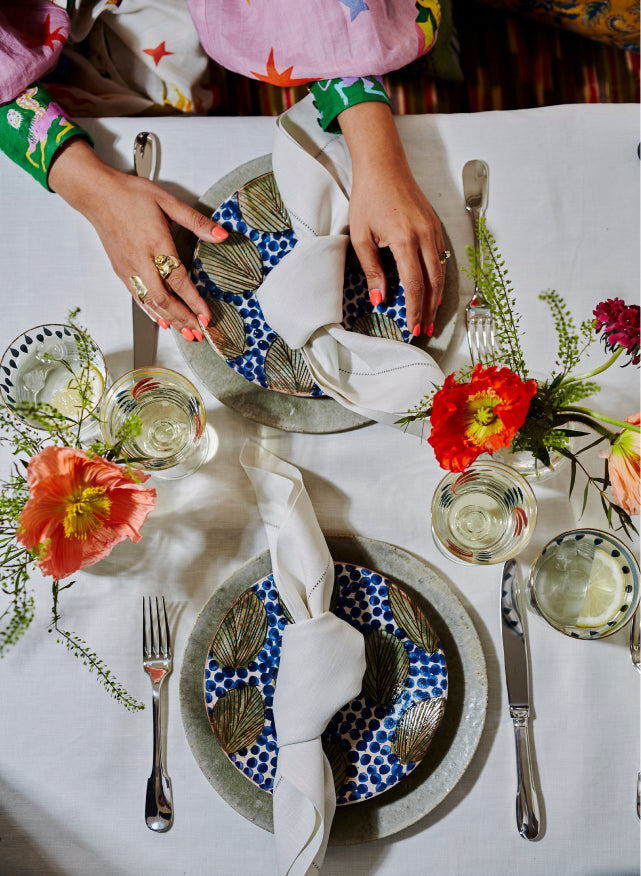

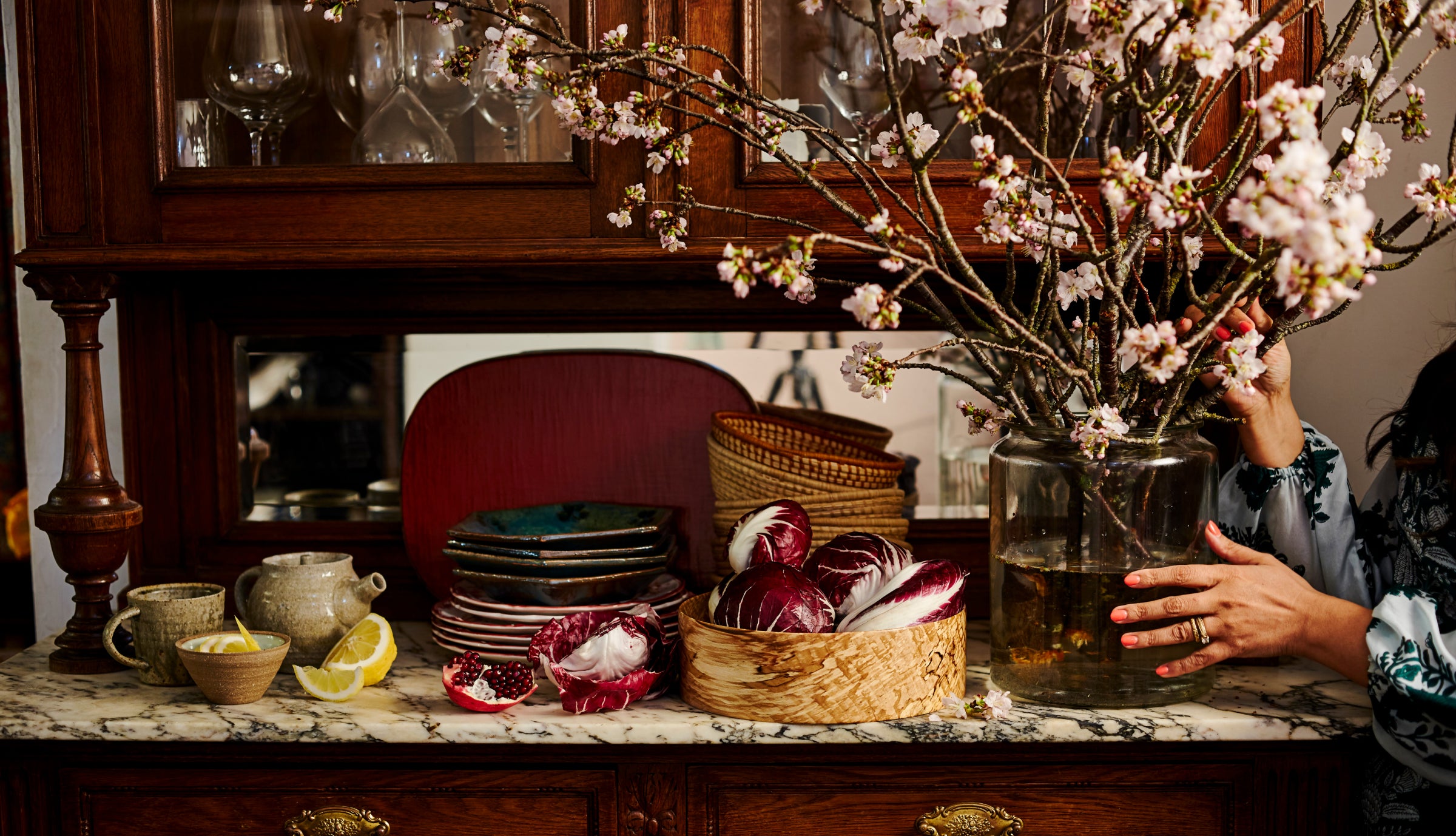
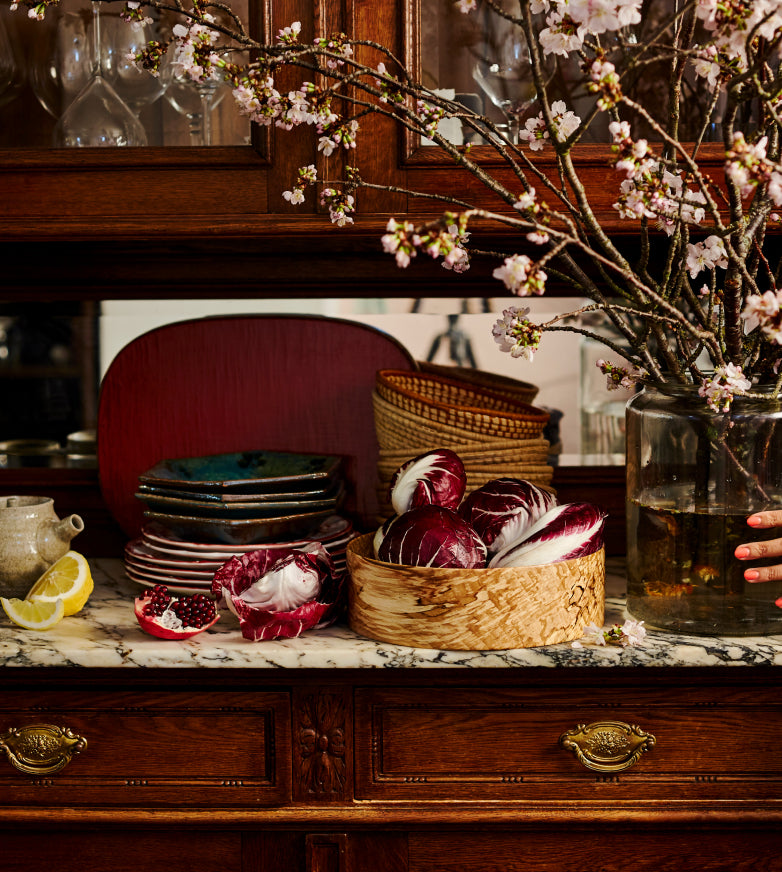
"My family and in particular my grandfather. I’m Sikh, and he taught me from a very young age that one of the tenets of Sikhism is Siva, which basically means ‘community service’. He explained that the best way to be helpful is by feeding people. He was so fond of hosting, and everything he grew, he shared or donated. There’s such joy in that. When lockdown happened, to see my colleagues have their restaurants shut by government mandate was awful, but everyone I know swung their doors open. They said ‘our hospitality doesn't end here’. So we cooked for shelters, refuges and the NHS. That is true hospitality. It’s about giving."
"Big things are on the other side of fear. So let go of it. Don’t be over-fussy: do simple things. People love platters—you don't even have to do a whole dinner. Sometimes the simplest things are the best: good produce, and seasonal. Cut up some tomatoes with salt and good olive oil, buy some lovely hams and charcuterie, and make a communal bowl of soup or stew, served in a beautiful dish."
"I always say if you can read, you can cook, because if you can read a recipe, you can follow instructions. It’s about being present in the moment. It’s also about intent."
"It’s all so covetable, namely because everything has a story and a humanity behind it. It’s so important for me that things are not throwaway, or factory made. These are items that have voices behind them, people behind them. When you’re handling them, you can feel the care that has gone into making them. They’re inanimate objects, but they do have souls—a cook’s dream."

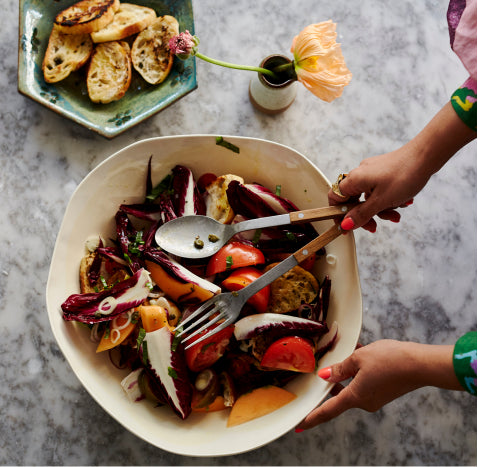
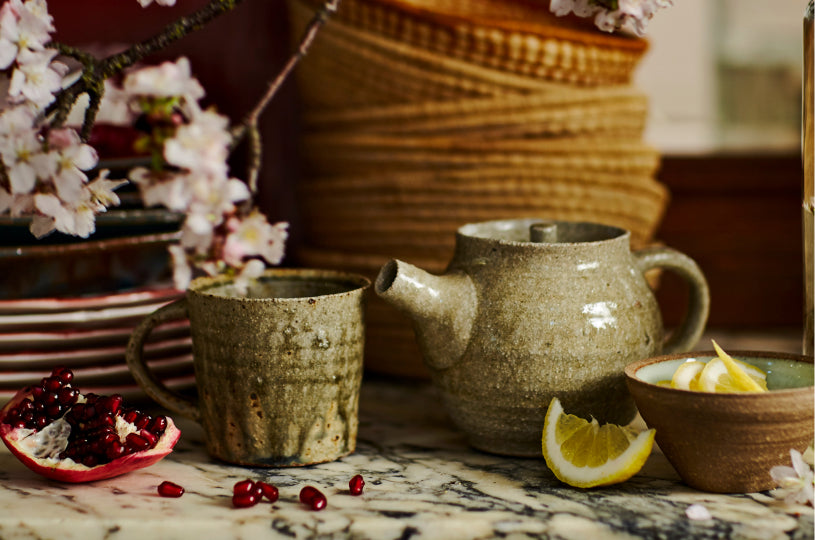
Photographs by Kristin Perers
